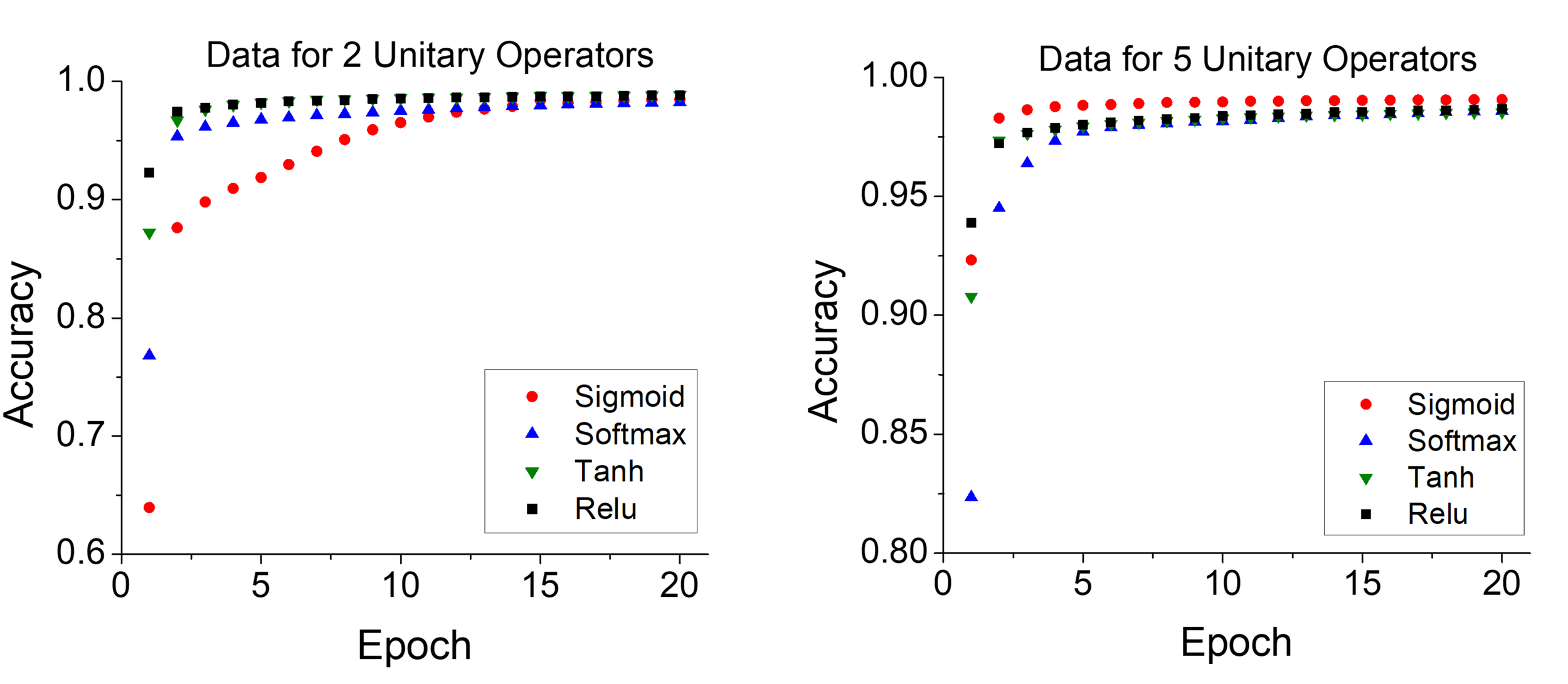Quantum mechanics is an incredibly fascinating field. The subject is responsible for describing the properties and behaviors of subatomic particles, and because of this, the field demands a considerable amount of interest from the scientific community. A variety of developments and applications have arisen from its origin in the early 1900s, such as the development of integrated circuits and lasers. Most of our modern technology relies on the effects described by quantum mechanics in one form or another, and there are still many more technological advances to be made. Currently, the major upcoming applications that quantum mechanics is directly responsible for are magnetic trapping, laser cooling, and quantum information processing. Of these three applications, quantum information processing is probably the most popular as quantum computers are projected to dramatically change the worldwide economy. This technology relies on two main phenomena. First, a property of quantum mechanics called entanglement, where individual subatomic particles develop a shared quantum state which occurs when particles have a shared origin, interact physically, or interact within their respective fields, is responsible for acting as the bits of the quantum computer. Second, in order to control the information stored in the entangled bits, it is hypothesized that machine learning algorithms will be essential for making predictions associated to the entangled states. The authors of this manuscript are especially interested in quantum entanglement and machine learning and the role that they play in quantum computing. Here we present our results from constructing a learning algorithm based on a 2-qubit system which is similar to the early-stage quantum computers with limited access to quantum resources.
